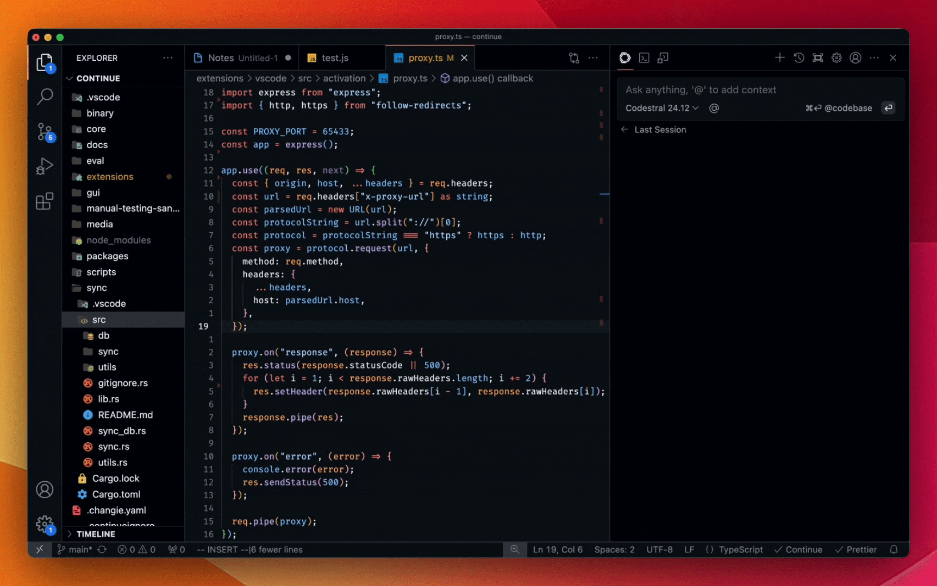Goodfire is an applied research lab working on practical applications of AI interpretability, which is the discipline that examines the inner workings of AI models to increase understanding about how they work, which in turn can unlock insights on how to build safer and more reliable systems by giving developers additional tools to edit and debug models without relying as much on retraining and prompt engineering. Despite the high costs associated with retraining and the trial-and-error nature of prompt engineering, these have become ubiquitous tools in developers' toolboxes, pending the cost-effective, consistent, and scalable techniques that could be unlocked by model interpretability.
Goodfire's AI observability platform taps into mechanistic interpretability, which looks to dissect the mechanisms and representations a neural network has learned to translate them into algorithms and concepts humans can use to attain a granular and causal understanding of the neural network's behavior. By mapping out which neurons in the network are in charge of which tasks, the platform enables users to isolate the areas responsible for undesirable behavior and gives them the tools to perform the necessary changes to improve the model's performance.
Founded by Eric Ho (former RippleMatch founder), Tom McGrath (former Senior Research Scientist at Google DeepMind), and Daniel Balsam (Founding Engineer and Head of AI at RippleMatch), Goodfire announced it raised a $7 million seed funding round led by Lightspeed Venture Partners. The raised funds will allow Goodfire to grow its engineering and research team and improve its technology.





Comments